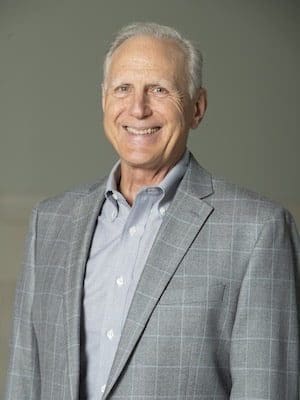By John Pierce
It’s no secret that evangelical Christians have driven the recent so-called “religious freedom” legislative efforts in several states. These proponents — and the legislators who carry their water — assure us, however, that legal discrimination is not their goal.
Yet when and if safeguards are added to prevent businesses from discriminating against gay and lesbian persons, these proponents are no longer interested in the legislation. Hmm…
San Francisco Giants pitcher Jeremy Affeldt, who speaks openly of his Christian faith, asked in his blog: “Why do people who aren’t Christians hate us?”
Then he answered his own question: “They look at us and say, ‘You’re just a bunch of Bible thumpers who are homophobic and you don’t love anybody.’”
He admitted his own evolved understanding of this matter, and added: “We’ve brought that on ourselves. I don’t think we’re showing the love of Jesus.”
Basketball legend Charles Barkley, an Alabama native who is always eager to opine, pointedly put the issue in context in a televised discussion of the subject:
“Typically in the South, that’s where I’m from, all of these rednecks hide behind the Bible,” he commented. “…They always hide behind the Bible. It’s strictly about discrimination.”
Discrimination has broader geographical appeal, however, Sir Charles. For example, Indiana, where such legislation created the strongest firestorm, is north of the Mason-Dixon line.
But Barkley is absolutely right in that any honest critique reveals a long and sad history of discrimination being justified by those claiming high allegiance to and support from the Bible. Even if it takes dismissing much of the larger biblical message and particularly the life and teachings of Jesus.
Beyond the current debate over religious freedom and discrimination, however, is the fact that most of those so passionately defending their “rights” now have not shown equal passion in defending the rights of others. When the emphasis is on oneself — and those like oneself — self-service is all that is revealed.
Religious freedom, and liberty in general, is about far more than being assured that I — yes, I — don’t have do anything I’d rather not do. It’s about liberty and justice for all.
And “Christian” must mean much, much more than always looking out for one’s own interests. In fact, it should convey the opposite.
Director of the Jesus Worldview Initiative at Belmont University in Nashville, Tennessee and former executive editor and publisher at Good Faith Media.

